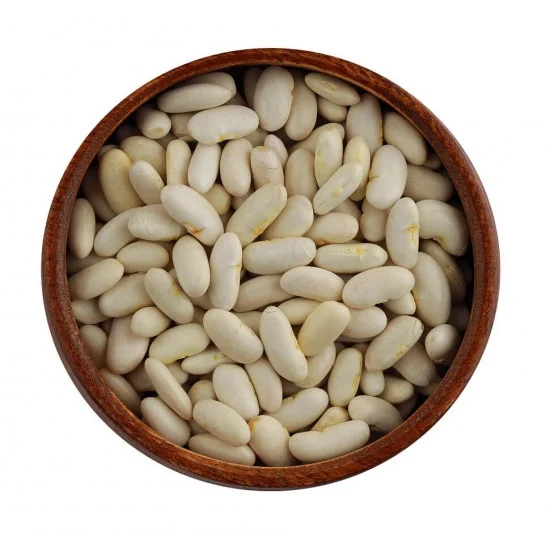White beans are one of the legume varieties known for being a rich source of nutrients beneficial to the body. They are also referred to as “navy beans” or “haricot beans” and are grown in various regions around the world. In this article, we will explore the health benefits of white beans, their nutritional value, and how to incorporate them into your diet.
1. Nutritional Value of White Beans
White beans are a rich source of several essential nutrients, including:
- Protein: White beans are high in plant-based protein, making them an ideal choice for vegetarians.
- Fiber: White beans are rich in dietary fiber, which helps promote digestive health and prevent constipation.
- Vitamins and Minerals: White beans contain a variety of important vitamins and minerals, such as:
- Vitamin B9 (Folate)
- Vitamin C
- Iron
- Potassium
- Magnesium
2. Health Benefits of White Beans
White beans offer a range of health benefits that make them a great addition to your diet:
- Heart Health Improvement: Due to their fiber, potassium, and magnesium content, white beans can help lower harmful cholesterol levels and blood pressure, reducing the risk of heart disease.
- Digestive Health Improvement: The fiber in white beans helps promote bowel movement and prevent constipation.
- Blood Sugar Control: With a low glycemic index, white beans can assist in regulating blood sugar levels, making them a good option for diabetics.
- Satiety and Weight Loss: Thanks to their fiber and protein content, white beans help increase feelings of fullness, which can reduce food intake and support weight loss.
3. Ways to Prepare White Beans
White beans can be prepared in various ways, here are some ideas:
- Soup: White beans can be added to soups to provide a rich texture and delicious flavor.
- Salads: White beans can be used in salads with fresh vegetables for a healthy meal.
- With Rice or Pasta: White beans can be combined with rice or pasta to create a complete meal.

